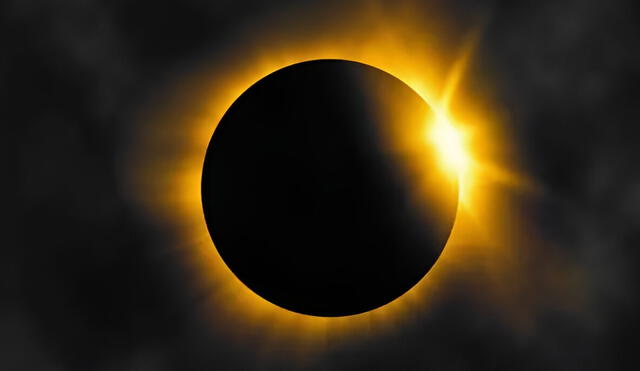Boston Eclipse viewing: Time and visibility for the March 29, 2025, solar event
Boston experienced a stunning partial eclipse, but totality remained just out of reach. Discover how skywatchers prepared, traveled, and witnessed this celestial spectacle!

The partial solar eclipse on March 29, 2025, will be visible at sunrise across the northeastern United States. The Moon will obscure varying portions of the Sun, with some areas experiencing up to 86% coverage. This rare celestial event offers an exciting opportunity for early risers to witness a spectacular display in the morning sky.
Boston's March 29 Eclipse: Best Viewing Time and Safety Tips for Sunrise Spectacle
The best locations to view the eclipse will be in Maine, particularly South Lubec and Quoddy Head State Park, where the highest obscuration will occur. Other cities, including Boston, Vermont, New York City, and Washington D.C., will experience partial coverage, though to a lesser degree. To fully enjoy the event, observers should seek an unobstructed view of the eastern horizon.
The partial solar eclipse on March 29, 2025, will be visible in Boston, Massachusetts, during sunrise. The eclipse will begin around 6:31 a.m. local time, with the Sun rising partially eclipsed on the eastern horizon, the eclipse will peak at 6:38 AM EDT, covering 43% of the Sun before ending at 7:07 AM. Safety remains a priority, as experts emphasize the need for ISO-certified eclipse glasses throughout the event. Looking directly at the Sun without proper eye protection can cause severe damage. Those without eclipse glasses can safely observe the phenomenon using a pinhole projector or other indirect viewing methods.
Astronomical wonder: March 2025 Eclipse and future celestial events
This eclipse provides a unique opportunity for both astronomy enthusiasts and casual observers. Beyond its visual spectacle, it serves as a reminder of the precise movements of celestial bodies and their influence on Earth’s skies. Events like this continue to spark curiosity and inspire scientific exploration.
For those unable to witness this eclipse, future opportunities await. The next solar eclipse visible in the United States is set for August 2026. Each eclipse offers a distinct experience, encouraging skywatchers to mark their calendars for these extraordinary astronomical events.












